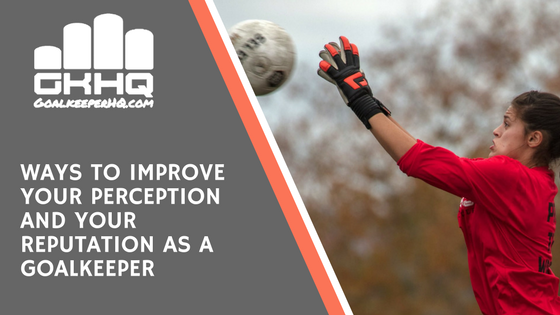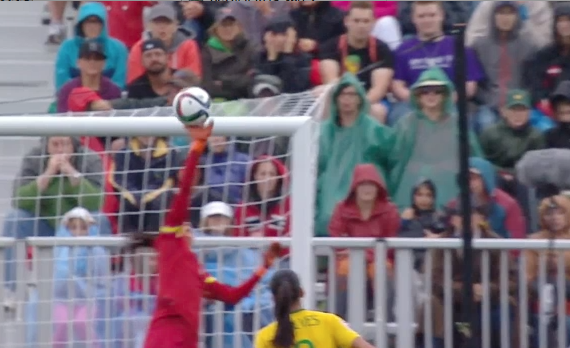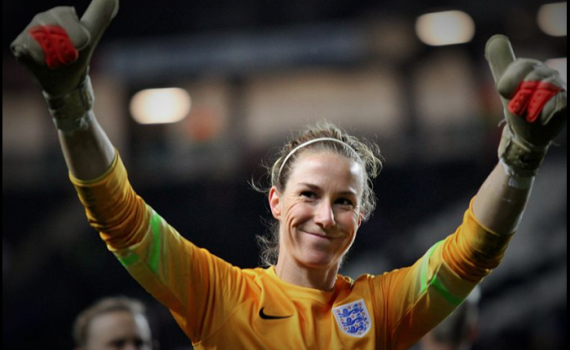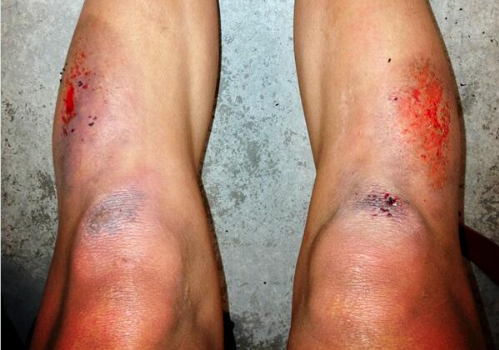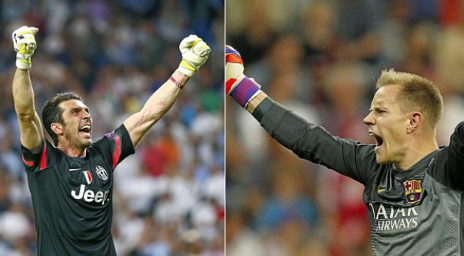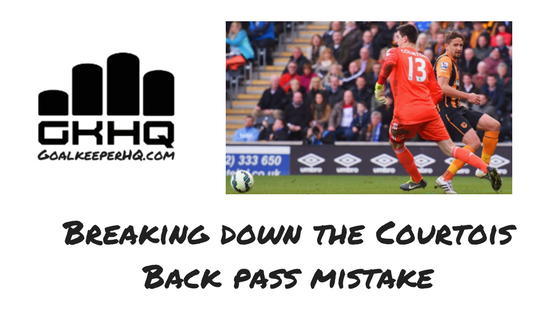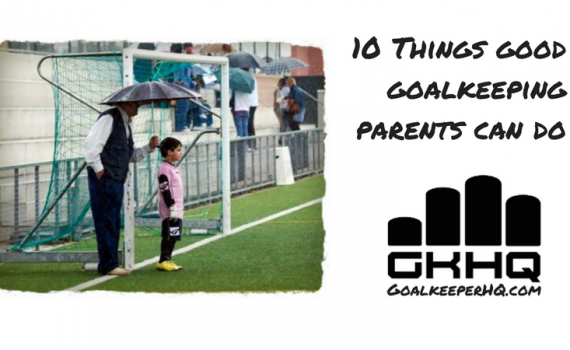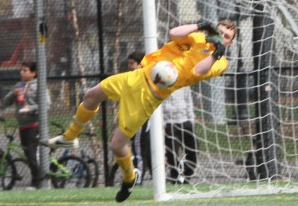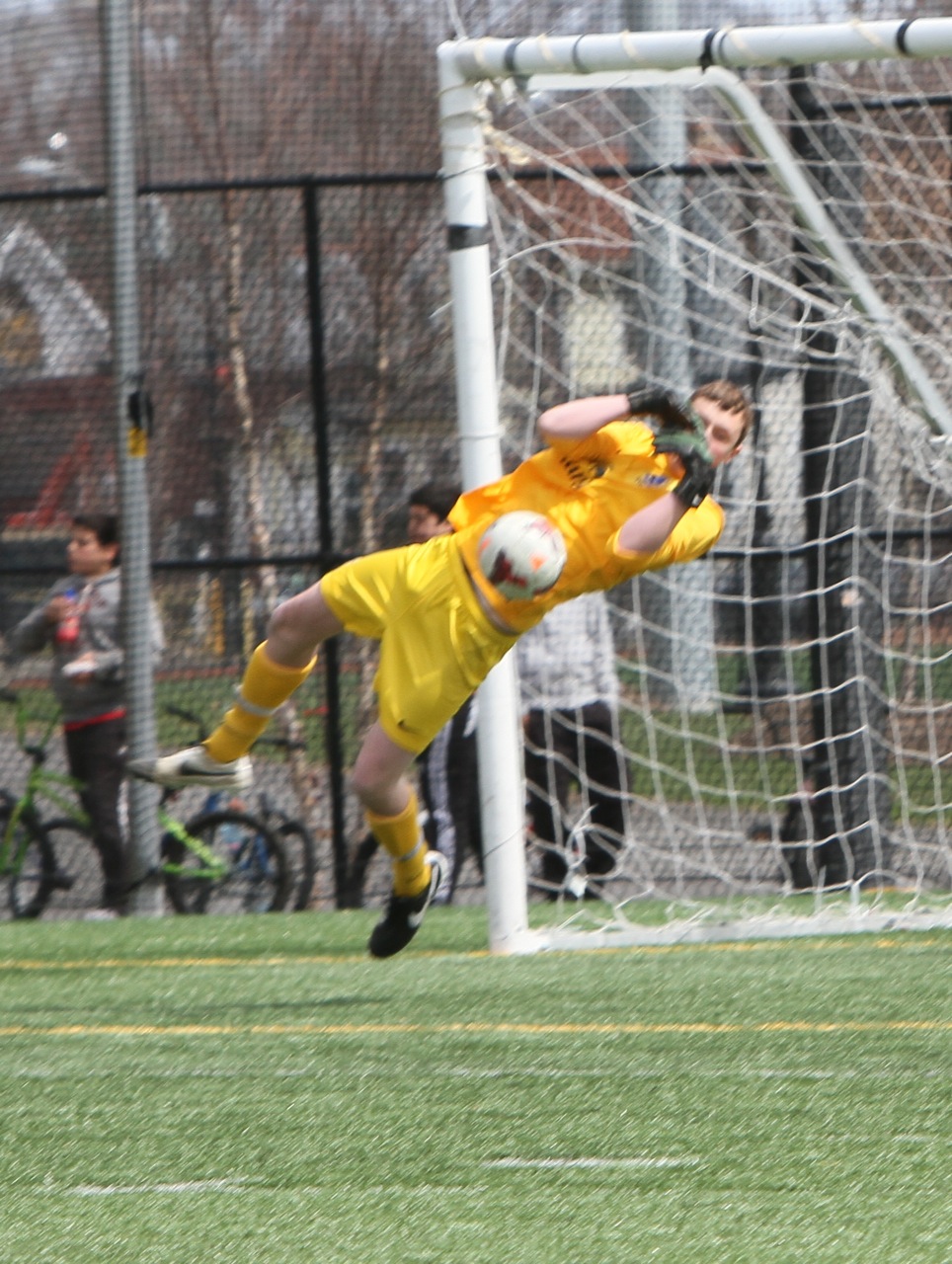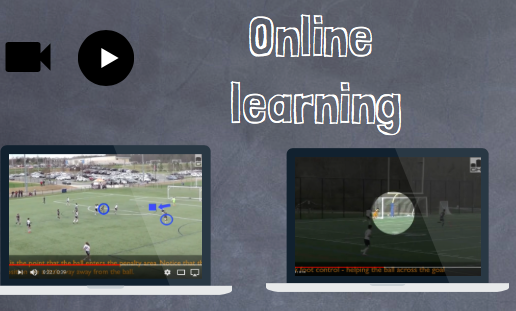1. Boost their confidence before a game.
So much of the game is mental. Providing reminders of great saves, and performances fills the goalkeeper’s confidence bucket and encourages repeat performances. Things such as ” remember that great save you made against this team last time you played them”
2. Understand the equipment needs of goalkeepers.
You get what you pay for with gloves. Understand a goalkeepers needs for good gloves. Other extra equipment that goalkeepers use, Slider pants, tape for socks, squeezy water bottle should be purchased.
3. Be part of your son or daughter’s passion by watching the game at the highest level with them.
Much the same as talented singers would go to see a concert, actors go to the theater, it is important to support goalkeepers wanting to watch their trade be applied at the highest level. By watching live games, goalkeepers can see what the pro’s do from warm up to after the game. Even taking an interest in watching a game on TV will help goalkeepers share observations with someone.
4. Encourage and support goalkeepers to play out on field.
Pick up games, street soccer or futsal where the goalkeeper can play out on field with no pressure and enjoy other positions whilst appreciating what the outfield players needs are and improving foot skills.
5. Encourage other activities.
It is important for younger goalkeepers to have other activities to diversify. This may be another sport or another pastime such as playing an instrument. Other sports can help the position of goalkeeper. Teaching of other pastimes can be applied and most of all it will avoid burn out at an older age when concentrating on goalkeeping may be full time.
6. Consider a one-on-one goalkeeping session.
A good coach will provide an assessment, and give perseived strengths and weaknesses with an action plan on how to improve. Goalkeepers love the attention and feeling of someone dedicated to their improvement.
7. Video taping / Fill out analysis of games.
As a parent, you are the most likely and closest person to do this. Recording games and watching back provides invaluable visual learning of the good bad and ugly. If recording is not viable, the analysis sheets should provide a good record of performance and see if their are any pattern or trends ( i.e. all goals conceded tend to be to the left )
8. Make goalkeepers responsible for their own equipment.
Throughout their goalkeeping careers, goalkeepers will rely on having their uniform / equipment. From an early age they should be encouraged to care for, bring and return their equipment. Examples are washing of soccer clothes & gloves, remembering water bottles & balls on fields, carrying their own bags on to and from the field.
9. Be a good spectator.
Be quiet in public and at games. No kid wants to be embarrassed by their parents yelling stuff from the side. Let other parents do the cheering – it means so much more. Sit in the crowd, rather than be that eagle-eyed parent that has to stand or sit level with the goalkeeper ready to critique every move. Don’t react to moans and negative comments. It is a fact that goalkeepers mistakes will happen and are most noticeable. The same people will more than likely be the same ones cheering when the goalkeeper makes a great save. No need to cause friction or fall out with people and especially if the goalkeeper knows about fuss you are causing on the sideline. You may well and up being one of those parents that drag your son or daughter from club to club as you fall out with different sets of parents every time something negative is said. This may well be the toughest way to support your goalkeeper, as no parents likes to hear criticism. Criticism is something the goalkeeper has to deal with on their own. Hopefully one day they will have a whole stadium of 30,000 people criticising them….. as that will mean they have made it to the professional game.
10. Criticism and comments are not for the ride home.
In a survey conducted some 5 years ago, it asked players what the best and worst part of soccer was. The worst part for many is the ride home! – The grilling from the parents. Players and especially goalkeepers know when they have had a bad game. They don’t need reminding in the car and for the remainder of the 1 hour journey home. The ride home should be quiet reflection for the goalkeeper and performance should only be discussed if brought up by the goalkeeper. When given the go ahead, to discuss, questions such a “What did you learn?” & “What will you do next time?” are much better than “Next time you should do this and that”
Previous article
Next article


